Can a Battery Backup Sump Run Continuously While Ac Power is Connected
If you are a homeowner, then you know that there are certain things you have to do in order to keep your home in good condition. One of those things is installing a sump pump. A sump pump is an essential part of any home, and it helps protect your property from water damage.
What Is a Sump Pump and What Does It Do?
A sump pump is a device that is used to remove water that has accumulated in a sump pit. The water is typically removed from the pit by a PVC pipe that drains it away from the home. The discharge pipe is a PVC pipe that exits the house and disperses the water. Sump pumps are often used in homes that are located in areas where there is a high water table or where flooding is common.
A sump pump is also used in homes that have basements. A sump pump can help to keep the basement dry by removing any water that has seeped into the space. This is especially important during the rainy season or when there is a lot of snow melting.
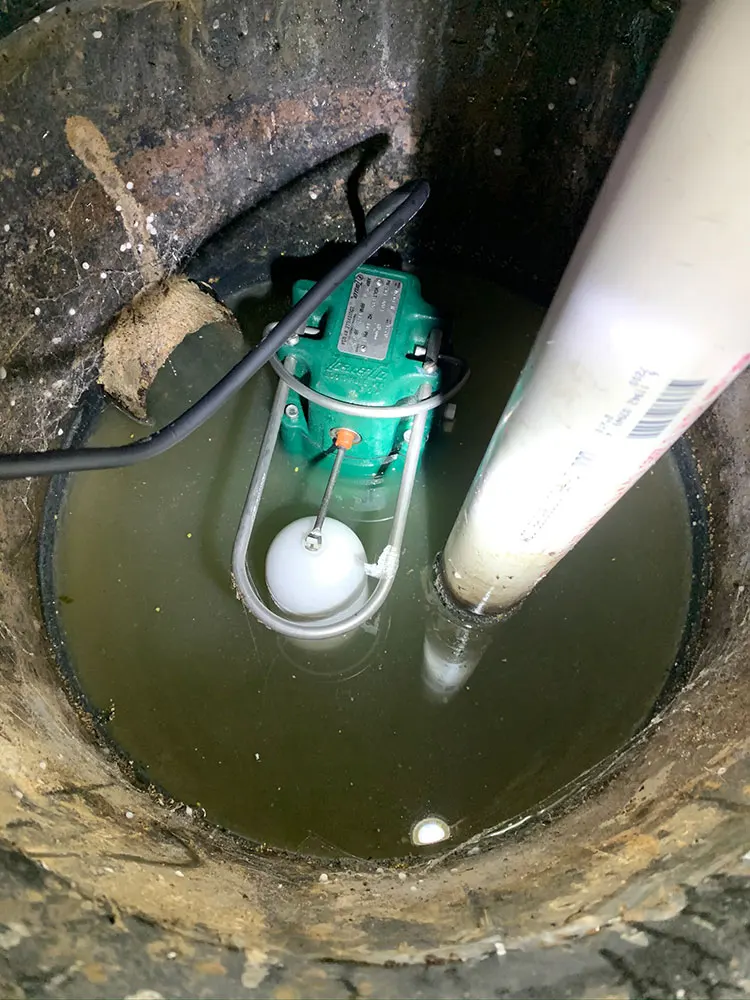
Installing a sump pump can help to protect your home from water damage and mold growth. It is important to choose the right size pump for your home, as well as to have it installed by a professional.
What are Battery Backup Sump Pumps and Why Do You Need One?
Battery-operated sump pumps are a newer type of sump pump that is gaining in popularity. They are powered by a battery, which means they do not need to be plugged into an electrical outlet. This makes them ideal for areas that experience power outages.
Battery backup sump pumps are also a good choice for homes that do not have a lot of space for a sump pit. The battery can be stored in a small space, such as a closet or crawl space.
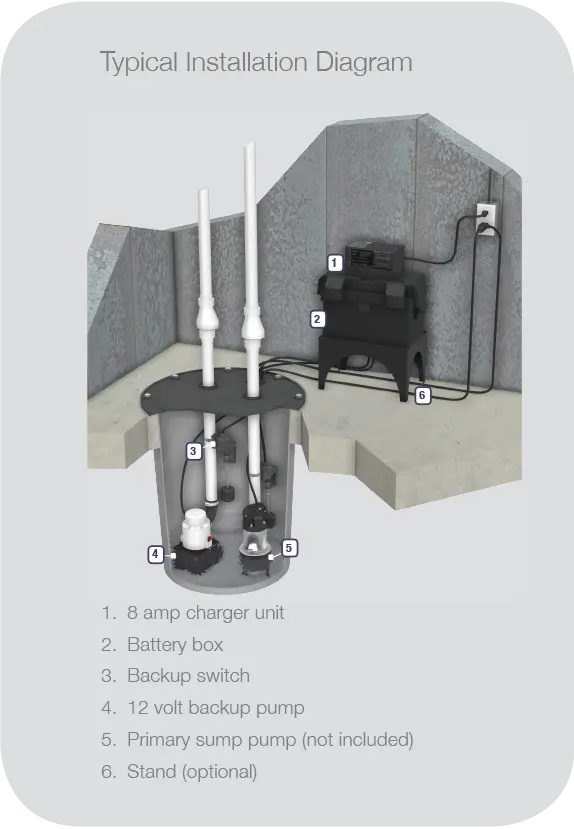
While sump pumps are generally reliable, they can fail during a power outage or when faced with excessive amounts of water. To protect your home from flooding, consider installing a sump pump battery backup.
Sump pump battery backups provide peace of mind by automatically kicking in during a power outage or when your primary pump fails. In addition, sump pump battery backup systems can help you save money on your energy bills by reducing the need for frequently running your sump pump.
If you live in an area where power outages are common, or if you want to be prepared for any type of emergency, then a battery backup pump is a good choice for you.
Benefits of Installing a Sump Pump Battery Backup
Many people think that a sump pump is only necessary if you live in an area that experiences heavy rains or flooding, but this is not the case. Even if you live in an area with relatively little rainfall, a sump pump can still be beneficial. Here are four benefits of installing a sump pump in your home:
- Reduced risk of flooding: One of the most obvious benefits of a sump pump is that it can help to reduce the risk of flooding in your home. If your basement is prone to flooding, a sump pump can help to keep the water at bay. By pumping water out of the basement and into a drain or sewer, you can significantly reduce the risk of flooding.
- Improved home value: Another benefit of a sump pump is that it can actually help to improve the value of your home. If you live in an area where flooding is common, having a sump pump can be a selling point for potential buyers.
- Lower insurance rates: If you have a sump pump in your home, you may be eligible for lower insurance rates. Many insurance companies offer discounts for homes with sump pumps because they are less likely to experience flooding.
- Peace of mind: Finally, having a sump pump can give you peace of mind. If you live in an area where flooding is a possibility, knowing that you have a sump pump to protect your home can provide a sense of security.
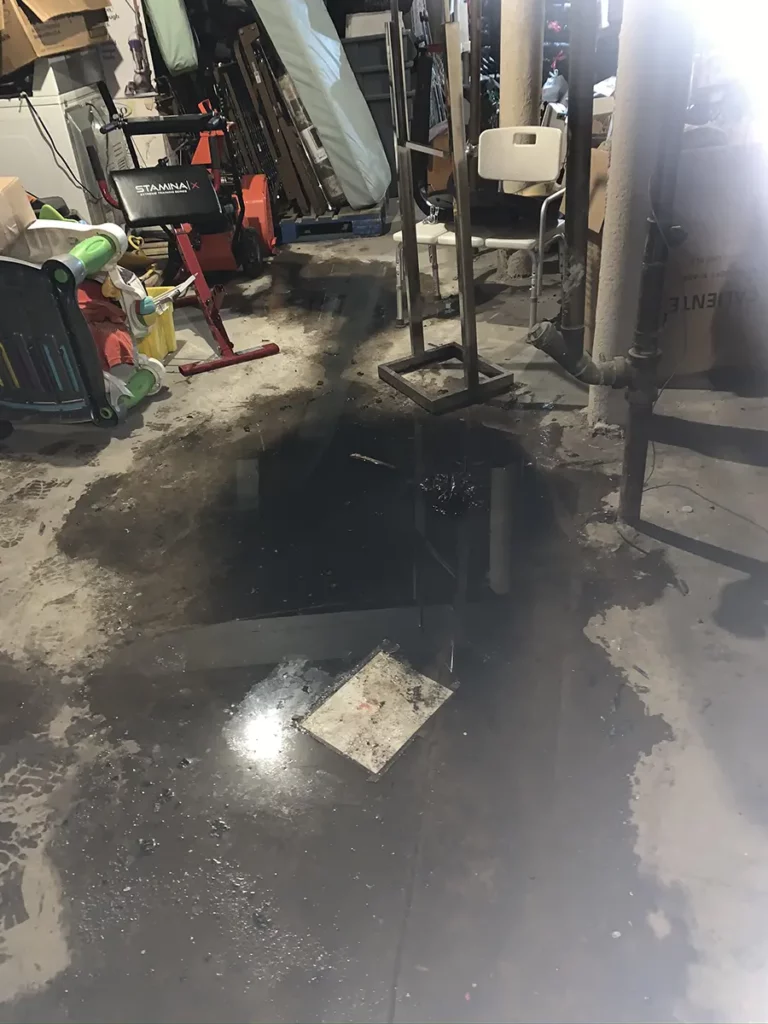
Installing a sump pump in your home can provide many benefits. From reducing the risk of flooding to providing monetary incentives.
When to Install a Battery Backup Sump Pump
A battery backup sump pump can be installed at any time, but it is particularly important to install one before the start of the rainy season, it is a crucial part of any flood prevention system. A battery backup sump pump ensures that the sump pump will continue to operate even if there is a power failure or if the primary pump fails.
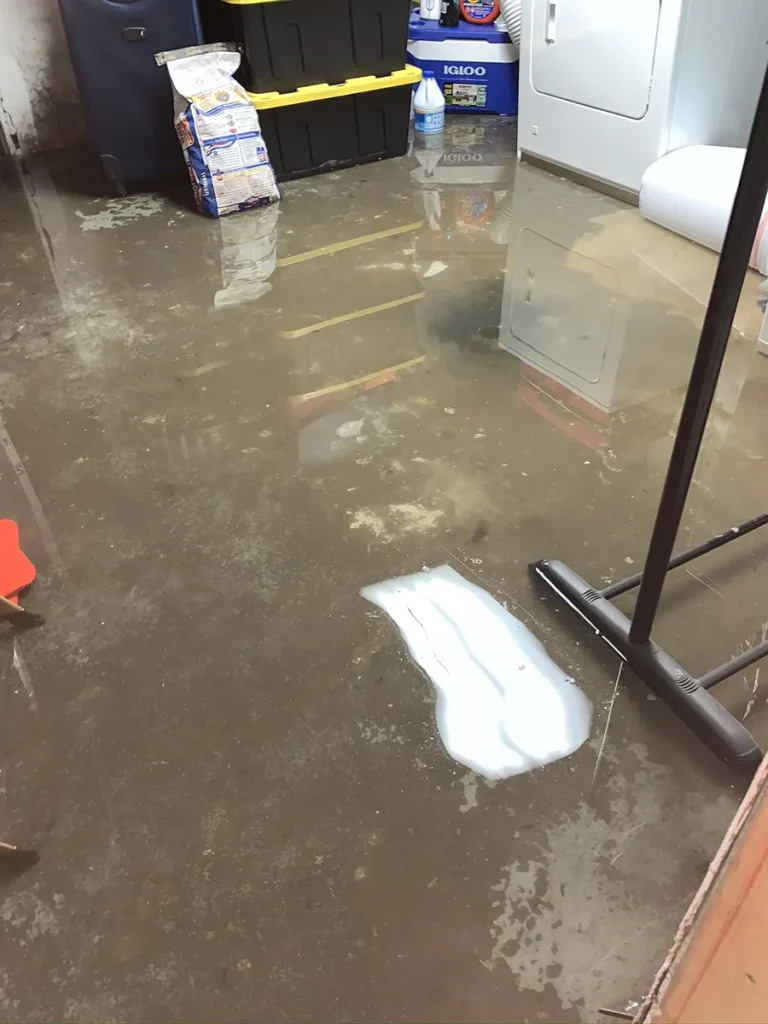
This is especially important during severe weather events when floods are more likely to occur. This will ensure that your sump pump is ready to go when you need it most. If you live in an area at risk of flooding, a battery backup system could be the difference between a dry basement and a disaster.
How Do Battery Backup Sump Pumps Work?
Sump pumps are an essential part of any home that is at risk of flooding. They are installed in a pit in the basement and work by pumping water out of the home and into a drain or sewage system. Most primary sump pumps are connected to AC power, in other words, powered by electricity, but during a power outage, a battery backup sump pump can keep your home dry.
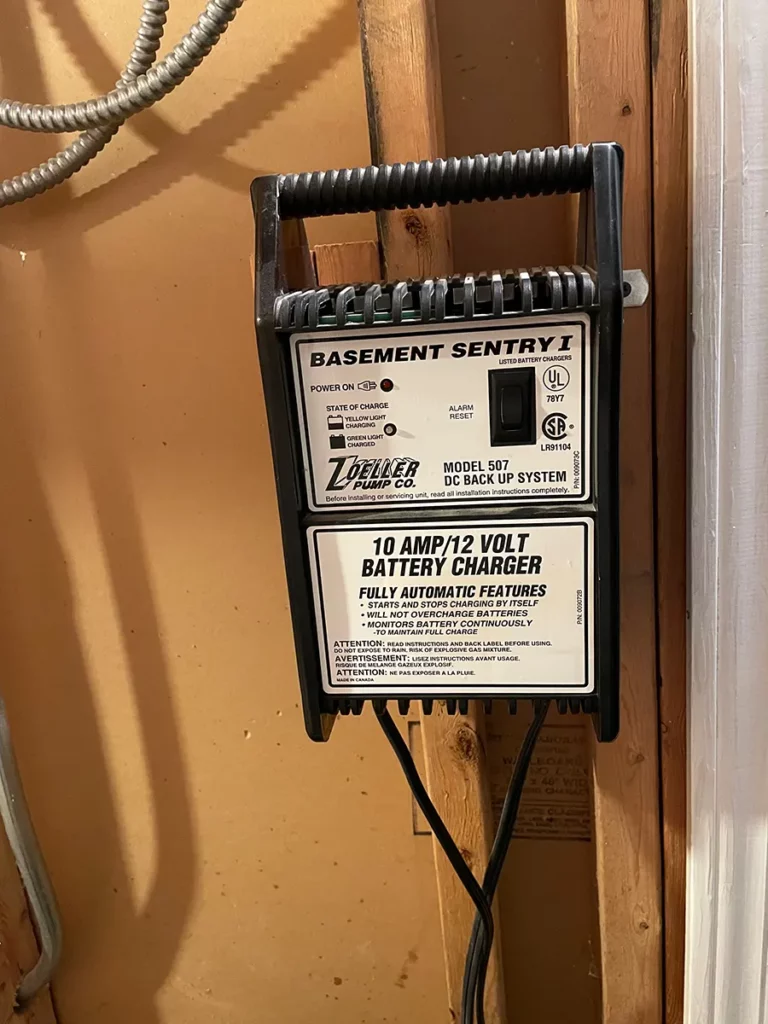
Battery backup sump pumps are connected to battery power and will start automatically if the power goes out. The battery will provide power to the pump for a limited time, depending on the size of the battery. Once the battery is depleted, the pump will stop working.
For this reason, it is important to have a backup battery on hand in case of a power outage or if the primary sump pump fails. A battery backup sump pump can help to protect your home from water damage in the event of an outage.
Types of Batteries for Battery Backup Sump Pumps
There are two types of battery backup sump pumps—DC (battery) and AC/DC. Battery backup systems will switch to DC battery power when the AC power is out or when the primary pump fails.
Depending on your needs, there are different types of battery backups for sump pumps. For example, some battery backups are designed to provide power for a few hours in the event of a power outage, while others are designed to run continuously.
The type of battery you choose will depend on the size of your sump pump and the conditions in your home. For example, if you live in an area with frequent power outages, you may want to choose a battery backup that can provide power for a longer period of time. On the other hand, if you have a small sump pump, you may not need as much battery power.
In general, DC battery power for a backup sump pump is either lead-acid or lithium-ion batteries.
Lead-Acid Batteries
Lead-acid batteries are commonly used to power sump pumps. These batteries are typically sealed, maintenance-free units that are designed to be used for long periods of time.
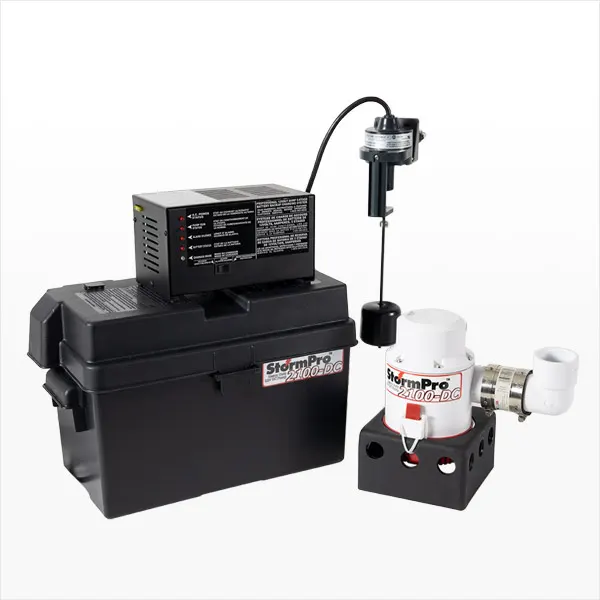
Lead-acid batteries typically have a longer lifespan than other types of batteries, making them ideal for sump pumps. In addition, lead-acid batteries are more resistant to temperature extremes than other battery types, which is important for sump pumps that may be located in cold or hot climates.
Lithium-Ion Batteries
Lithium-ion batteries are becoming increasingly popular as a backup power source for sump pumps. Unlike lead-acid batteries, lithium-ion batteries can be stored for long periods of time without losing their charge. This makes them ideal for backup sump pumps, which need to be ready to go at a moment's notice.
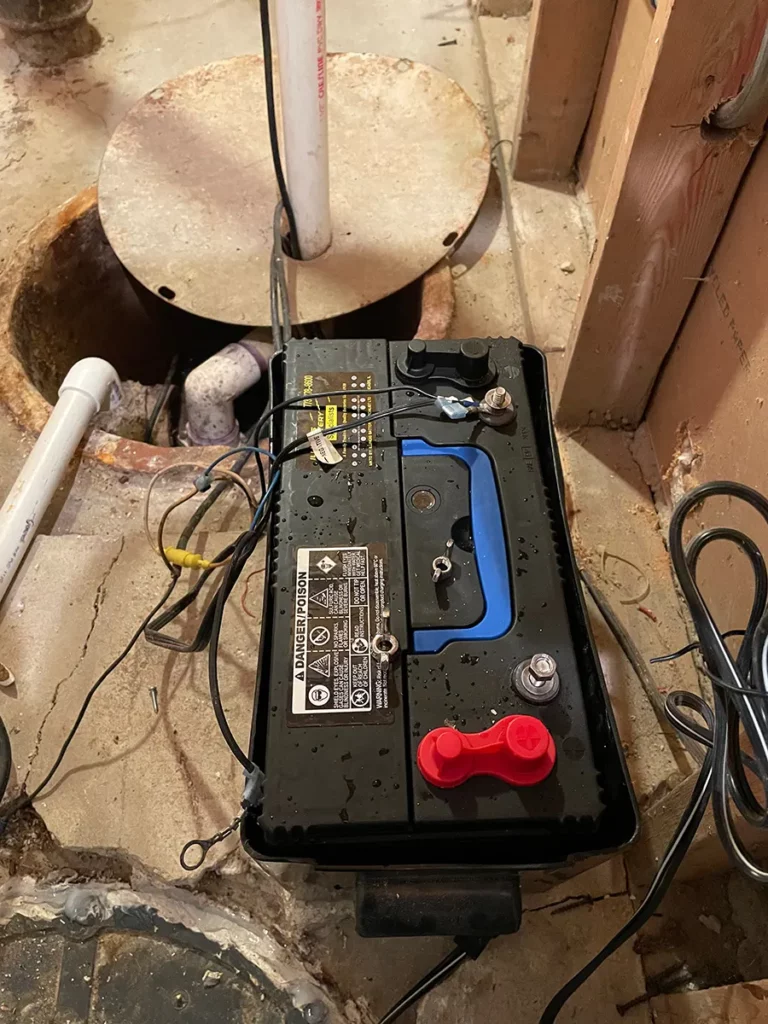
Lithium-ion batteries also have a much higher power density than lead-acid batteries, meaning that they can provide more power for a given size.
Ultimately, the type of battery you choose should be based on your specific needs and budget.
Our plumbers can help you make an informed decision about what type of pump and battery, call us today (773) 799-8848.
How to Choose the Right Sump Pump Backup System for Your Home
A backup sump pump battery will kick on if your primary pump fails, ensuring that your basement stays dry. But how do you choose the right backup system for your home?
Here are a few things to consider when choosing a backup sump pump system:
How to Install a Sump Pump Battery Backup
You can install a sump pump with the help of a licensed plumber. Rescue Plumbing will be able to help you choose the right sump pump and battery backup, and will install the system for you.
Call our friendly staff today to schedule your free estimate – (773) 799-8848.
When to Replace the Battery in Your Primary Sump Pump Battery Backup
Most battery backup pumps will last for 3 to 5 years, but there are a few things that can shorten their lifespan. If you live in an area with frequent power outages, your backup battery will be working harder and may need to be replaced more often.
You should also check the battery regularly for signs of corrosion or damage. If the battery case is cracked or the terminals are frayed, it's time for a new one.
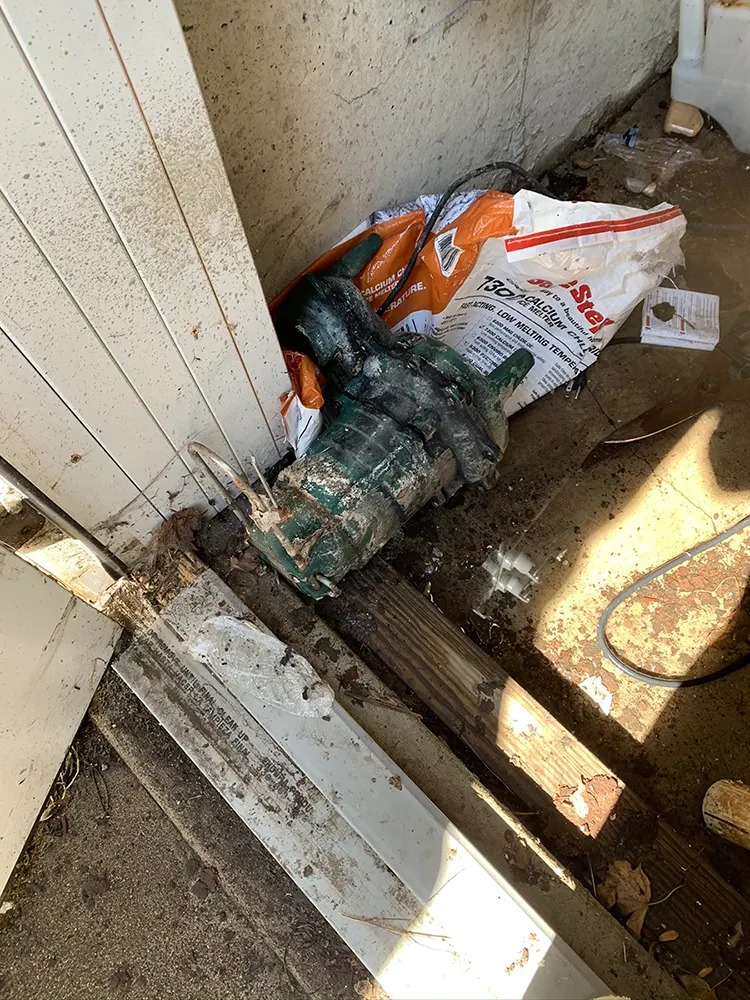
In general, it's a good idea to keep a spare sump pump battery on hand so that you can replace the old one as soon as it starts to show signs of wear. By taking these simple precautions, you can ensure that your sump pump battery backup will be ready to go when you need it most.
Battery Backup Sump Pump Maintenance
Sump pumps are an essential piece of equipment in any home, and proper maintenance is key to keeping them running smoothly. Here are a few tips to keep your new pump in top condition:
Following these tips will help ensure that your sump pump is always ready to do its job when you need it.
FAQs
Anything Plumbing We Can Rescue!
If water reaches your basement, don't try to deal with the water yourself or if your existing sump pump fails – call a professional plumber immediately. Give us a call at (773) 799-8848; we would be happy to help you assess your situation and provide recommendations.
Source: https://www.myrescueplumbing.com/blog/sump-pumps/sump-pump-battery-backup/
0 Response to "Can a Battery Backup Sump Run Continuously While Ac Power is Connected"
Post a Comment